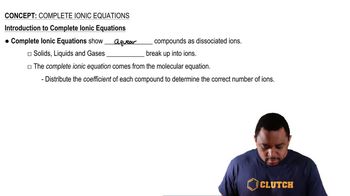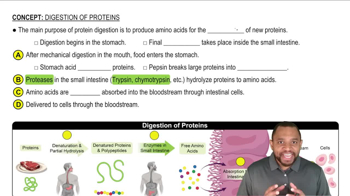A family visits a pediatrician with their sick child. The four-month-old baby is pale, has obvious episodes of pain, and is not thriving. The doctor orders a series of blood tests, including a test for hemoglobin types. The results show that the infant is not only anemic but that the anemia is due to sickle-cell anemia. The family wants to know if their other two children have sickle-cell anemia, sickle-cell trait, or no sickle-cell gene at all.
a. What test will be used?






